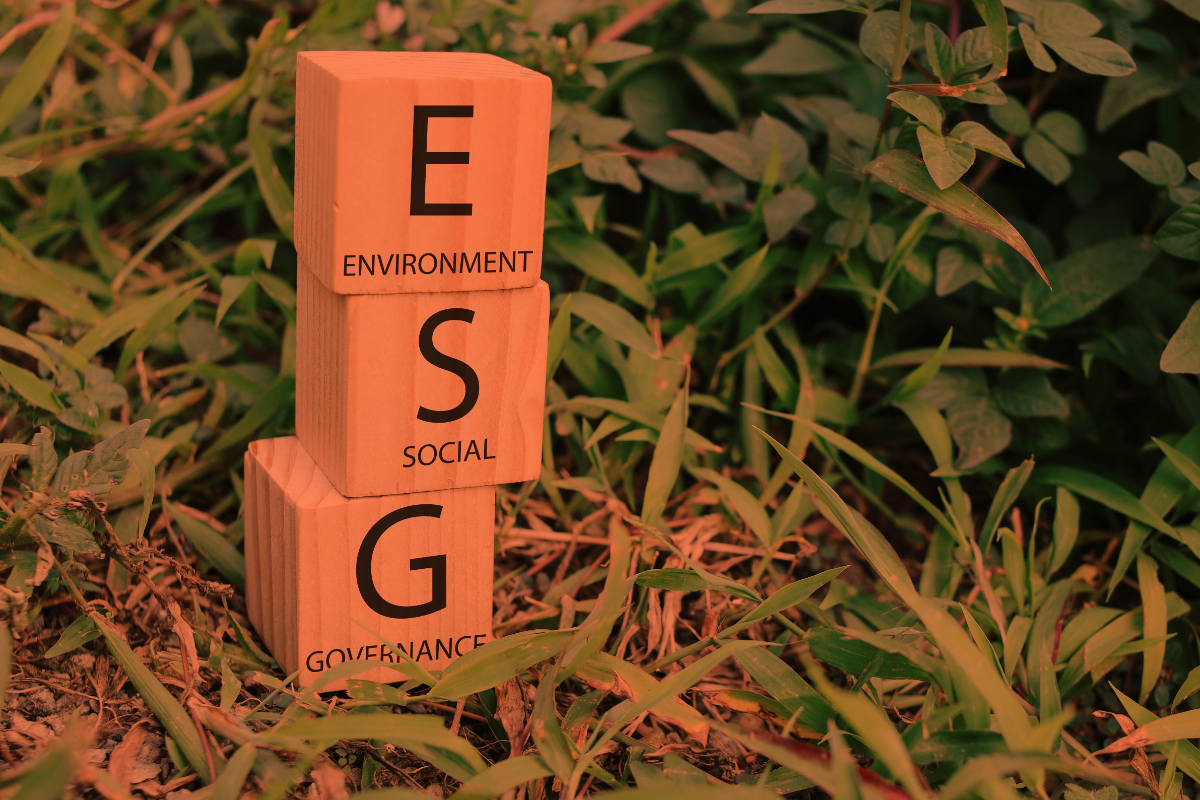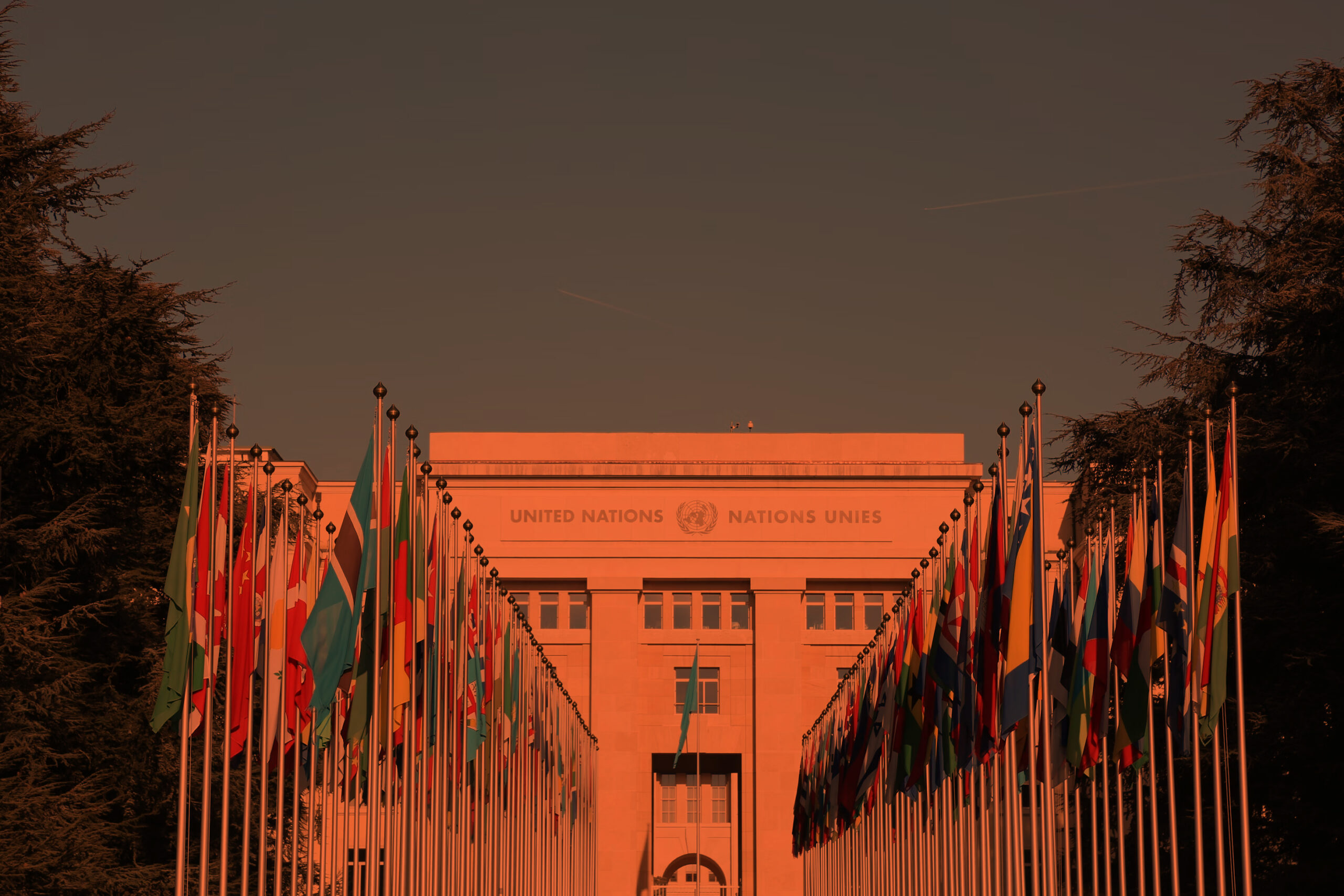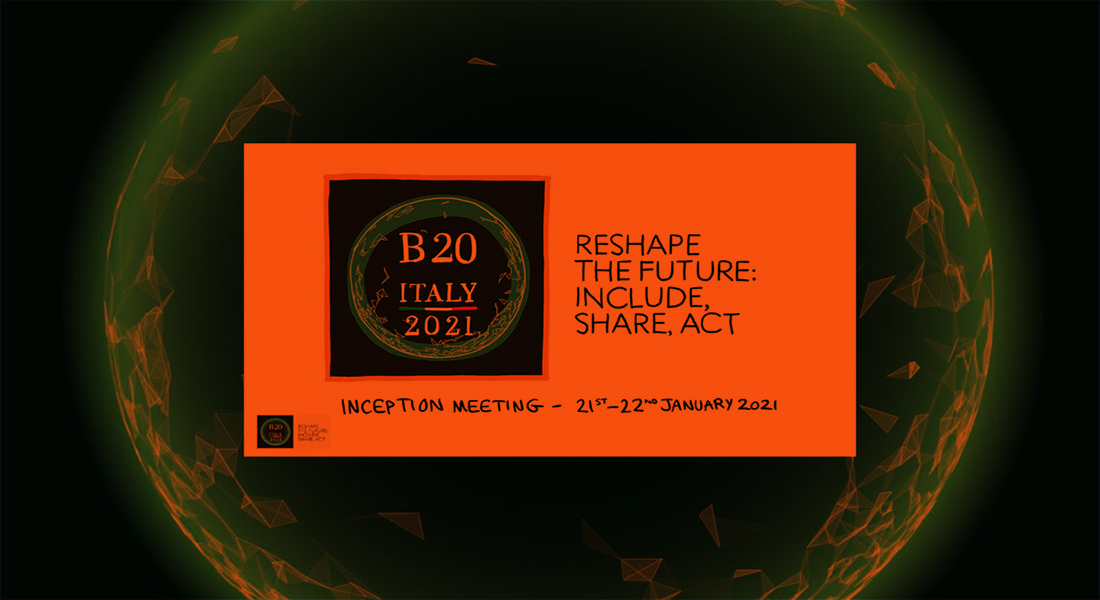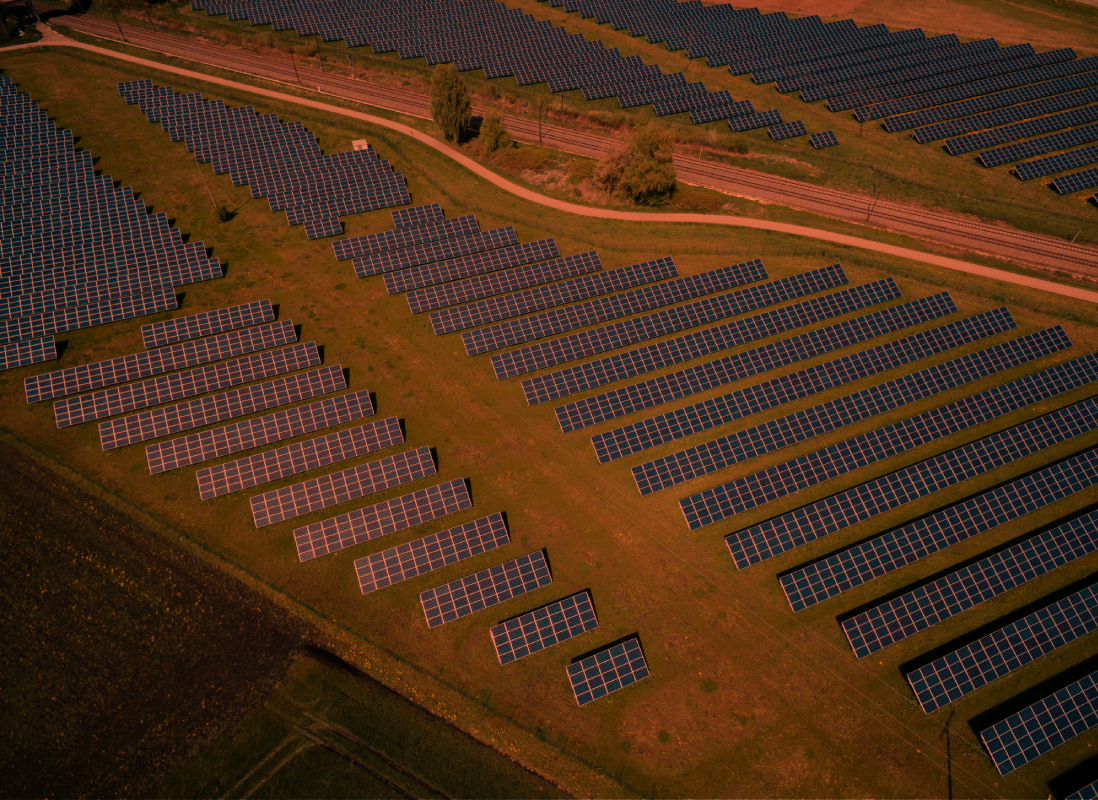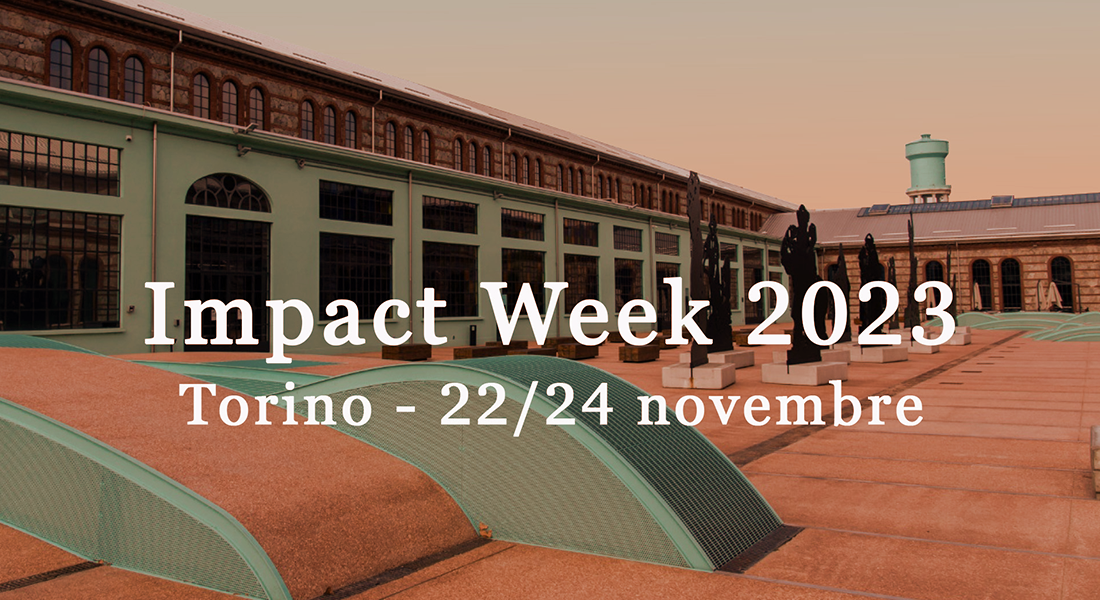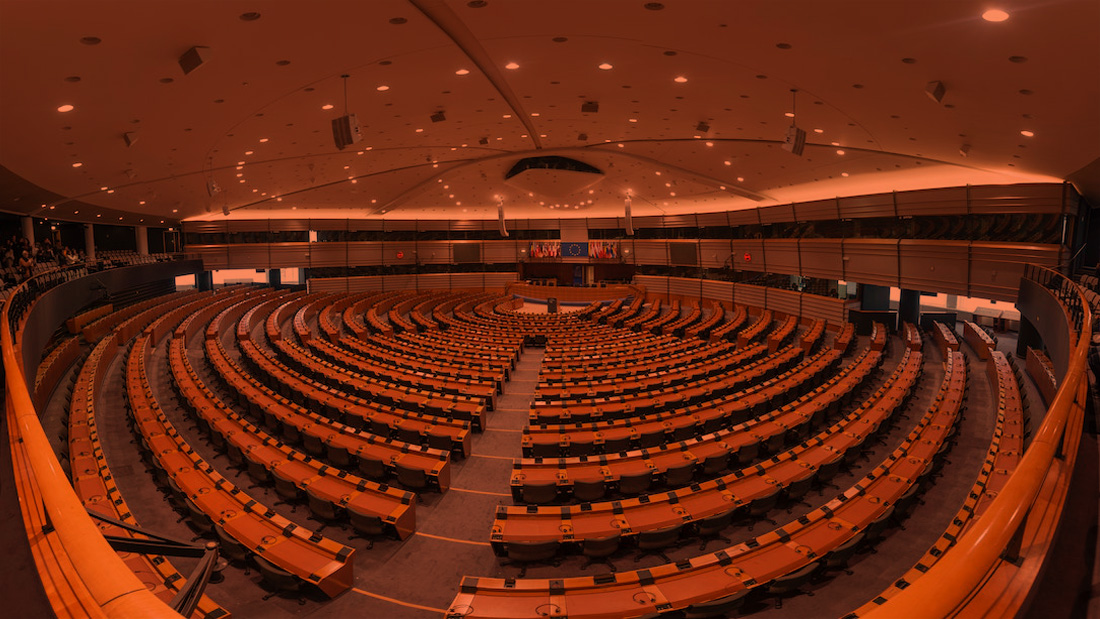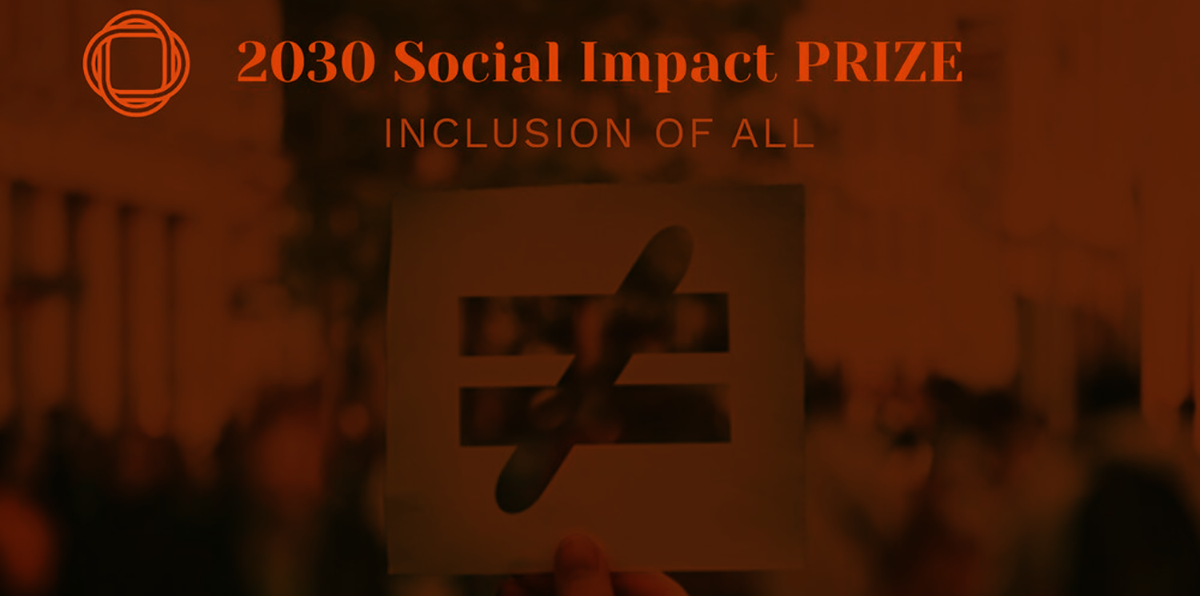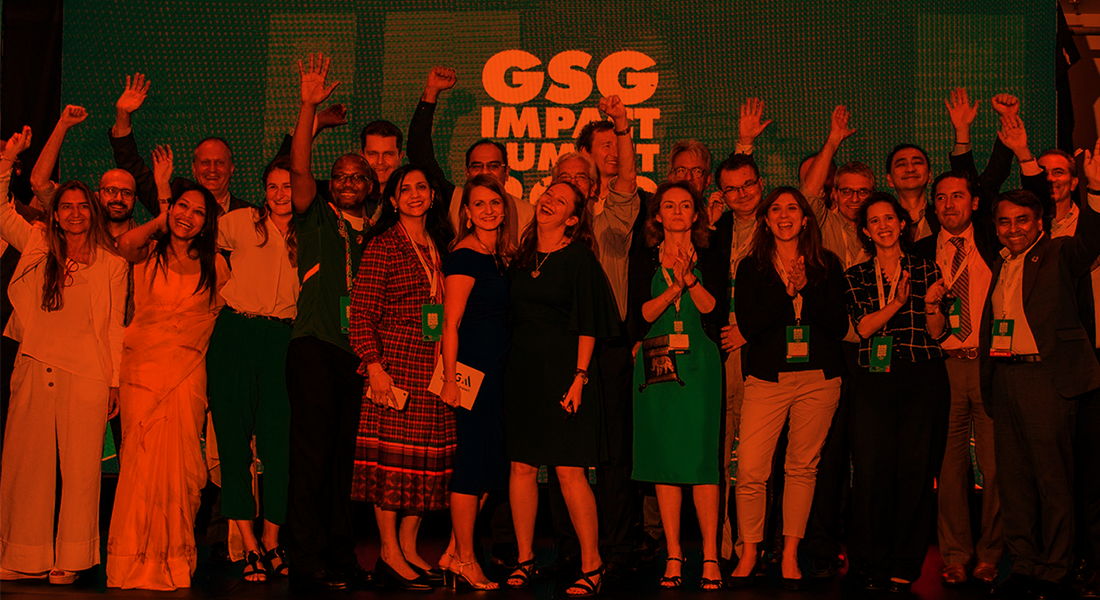The Impact Taskforce (ITF) is a global initiative formed out of the belief that our economies today are not meeting the needs of people and planet. There is a glaring gap between rhetoric and delivery of systems that bring prosperity and a climate-secure future to all. Action is needed now.
The ITF unites global leaders from the worlds of business, public policy, and the social sector to tackle intractable challenges and illuminate the path forward. Their two-pronged attack seeks to enhance measurement of business and investment impact through harmonised and transparent reporting models, delivered with integrity. And it seeks to identify investment structures that will channel capital at scale into investments designed to make a positive contribution.
On the path to sustainable development and prosperity, we aim to make sure that all businesses and investors have the tools to make and measure their impact, and that across developing markets and mature economies no one is left behind.
The ITF was created in 2021 with the support of the UK government, under its presidency of the G7. It was created to promote impact-driven economies and societies. It enshrines the aims and actions of the G7, notably around reinvigorating global economies following the pandemic, securing future prosperity, and protecting our planet.
The ITF is a private-sector-led, independent body partly funded by the UK’s Foreign, Commonwealth & Development Office (FCDO). The GSG provides secretariat services to the taskforce and, together with the UK’s Impact Investing Institute, supports the ITF’s two workstreams.
The ambition of ITF is to advise on what is needed to mobilise private capital for public good at scale and with harmonised impact transparency and integrity.
Time to deliver: mobilising private capital at scale for people and planet is the report from the G7-created Impact Taskforce that aims to help answer a critical question for our time: “How can we accelerate the volume and effectiveness of private capital seeking to have a positive social and environmental impact?” It is not a new question, but the urgency of the context requires a more effective response than we have seen in the past.
Archivio:

